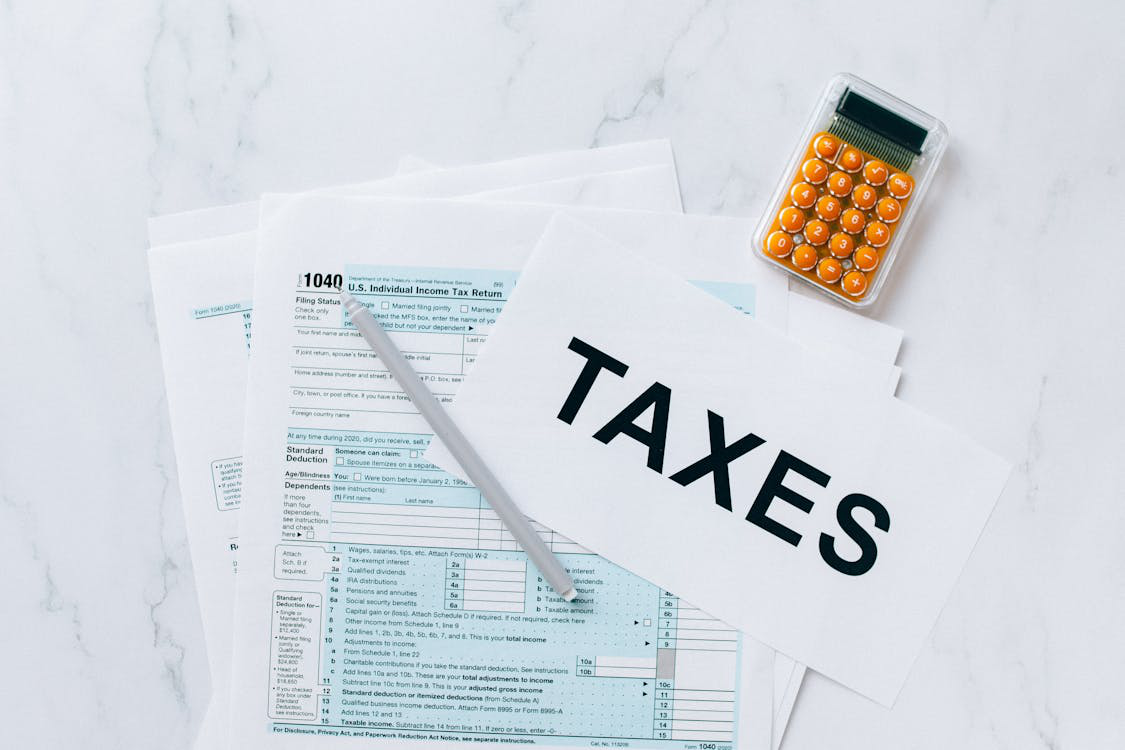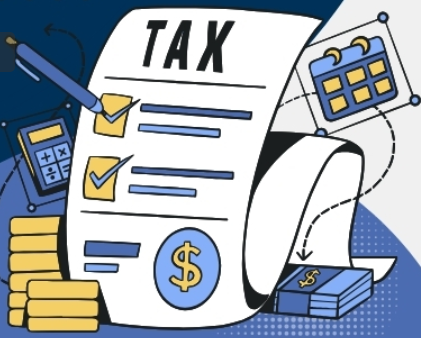
Have you ever looked at your year-end expense report and wondered how many legitimate deductions might be slipping through the cracks? Many self-employed professionals miss eligible deductions due to poor recordkeeping. In an era where every transaction can be digital, this oversight translates directly into lost savings and increased audit risk.
That’s where professional tax and accounting services can make all the difference. At Nidhi Jain CPA, we understand how complex expense tracking can be when you’re juggling multiple clients, invoices, and payment apps. Our approach combines precise documentation strategies with efficient accounting practices that not only streamline tax filing but also minimize audit exposure.
In this post, we’ll share the best practices for digital expense tracking in 2025, explain how professional accounting oversight safeguards against compliance risks, and highlight how better systems can simplify your next personal tax filing.
Why Smart Deduction Tracking Matters More Than Ever
For self-employed professionals, deductions aren’t just about saving money—they directly affect business sustainability. Whether you’re a consultant, designer, or contractor, every expense that supports your work could reduce your taxable income. But with cash apps, subscriptions, and online purchases scattered across platforms, keeping track can get messy.
Efficient expense tracking helps you:
- Avoid missing deductible expenses like mileage, software, or home office costs
- Prevent mixing personal and business transactions
- Maintain cleaner, verifiable records for tax season
- Reduce stress during audits or IRS inquiries
Digital documentation has transformed the way we handle deductions, but only if used strategically.
Best Practices for Digital Expense Documentation
1. Automate Where Possible
Use accounting apps that sync with your business bank account or credit card. These tools categorize expenses automatically, saving hours of manual work. Pairing automation with professional tax and accounting services ensures your data remains accurate and compliant.
2. Store Digital Receipts Immediately
Gone are the days of faded paper receipts. Snap a photo or upload digital copies into cloud storage. Create folders for categories like supplies, marketing, and client travel so you can retrieve them easily during personal tax filing.
3. Keep Business and Personal Transactions Separate
Even a single mixed transaction can cause issues later. Maintain dedicated accounts for business income and expenses. A personal tax accountant can help you set up clean structures that simplify quarterly estimates and prevent cross-account errors.
4. Track Mileage and Travel in Real Time
Use mobile apps to log business travel instantly. The IRS accepts digital mileage records as long as they’re consistent and timestamped—another reason to rely on structured tax and accounting services for ongoing review.
5. Review Monthly, Not Annually
Regular reviews catch errors early. Schedule short monthly check-ins with your personal accountant to categorize expenses, reconcile statements, and adjust deductions before year-end.
Turning Smart Tracking into Long-Term Confidence
What if tax season didn’t have to feel stressful? When every deduction is tracked accurately throughout the year, filing becomes predictable—and even rewarding. At Nidhi Jain CPA, we help self-employed professionals stay audit-ready through streamlined systems, proactive tax planning, and personalized support that keeps financial records in top shape.
Our tax and accounting services can make your next filing easier and more efficient.
Ready to make tax season stress-free? Contact Nidhi Jain CPA today to see how our expert tax and accounting services can help you track deductions accurately and file with confidence.



